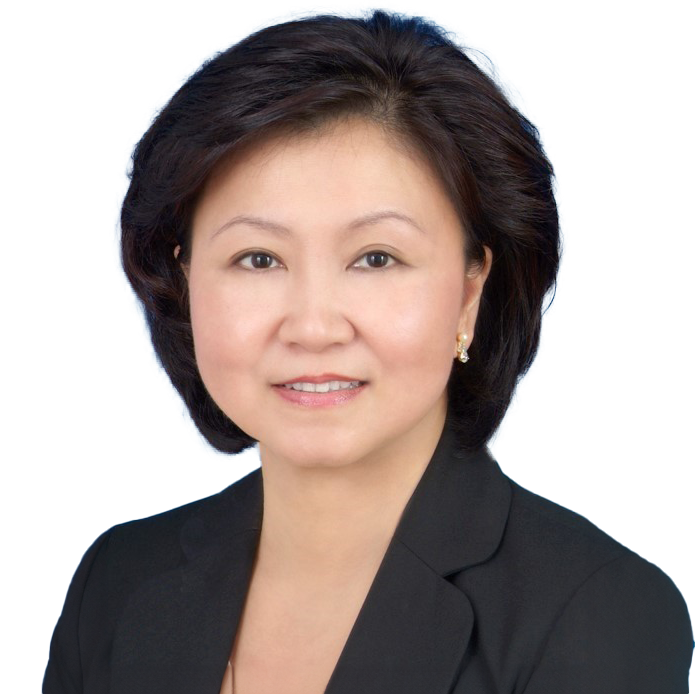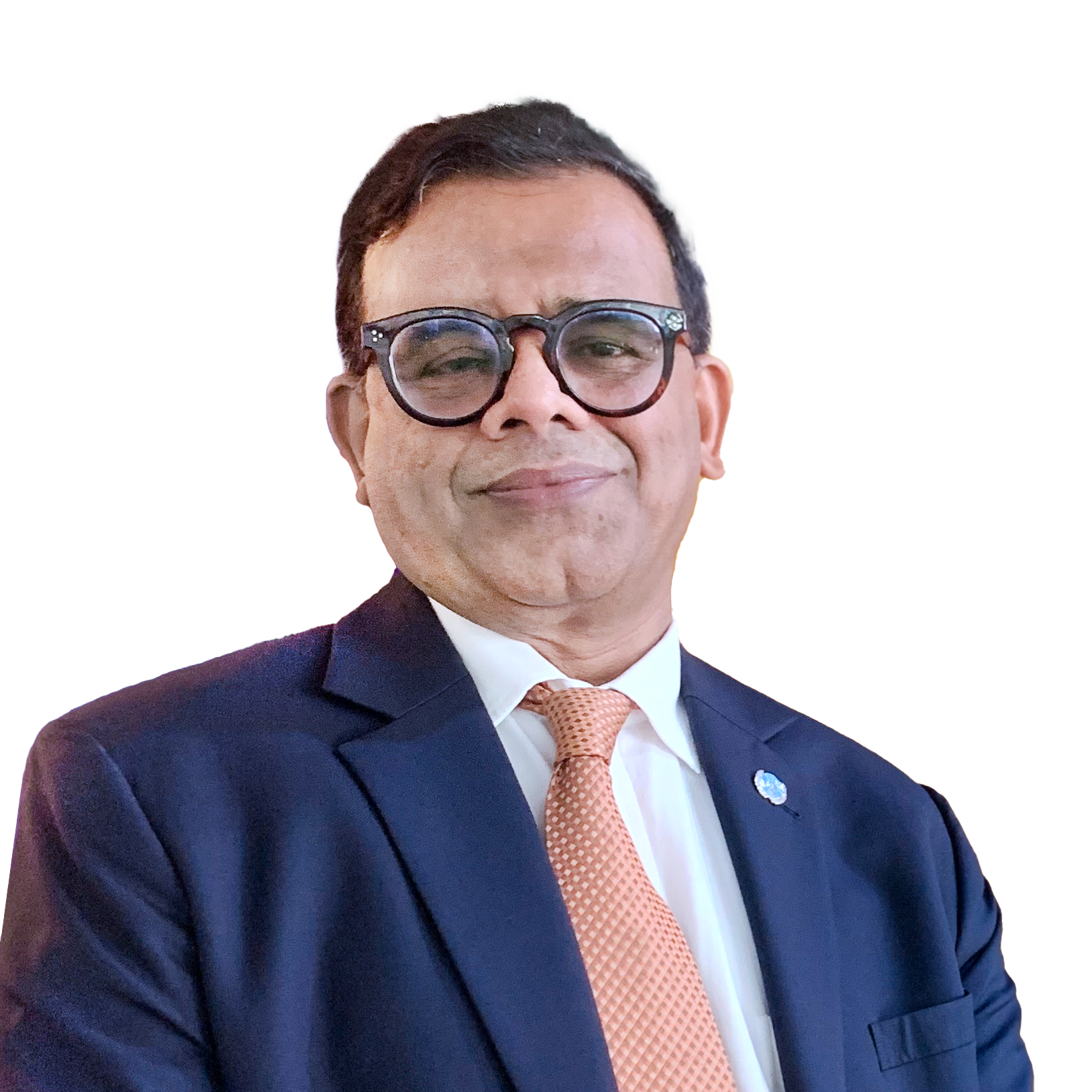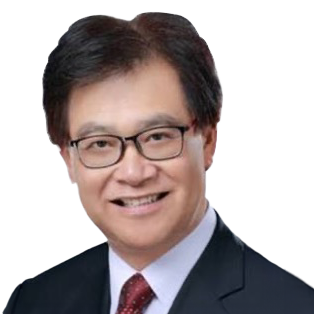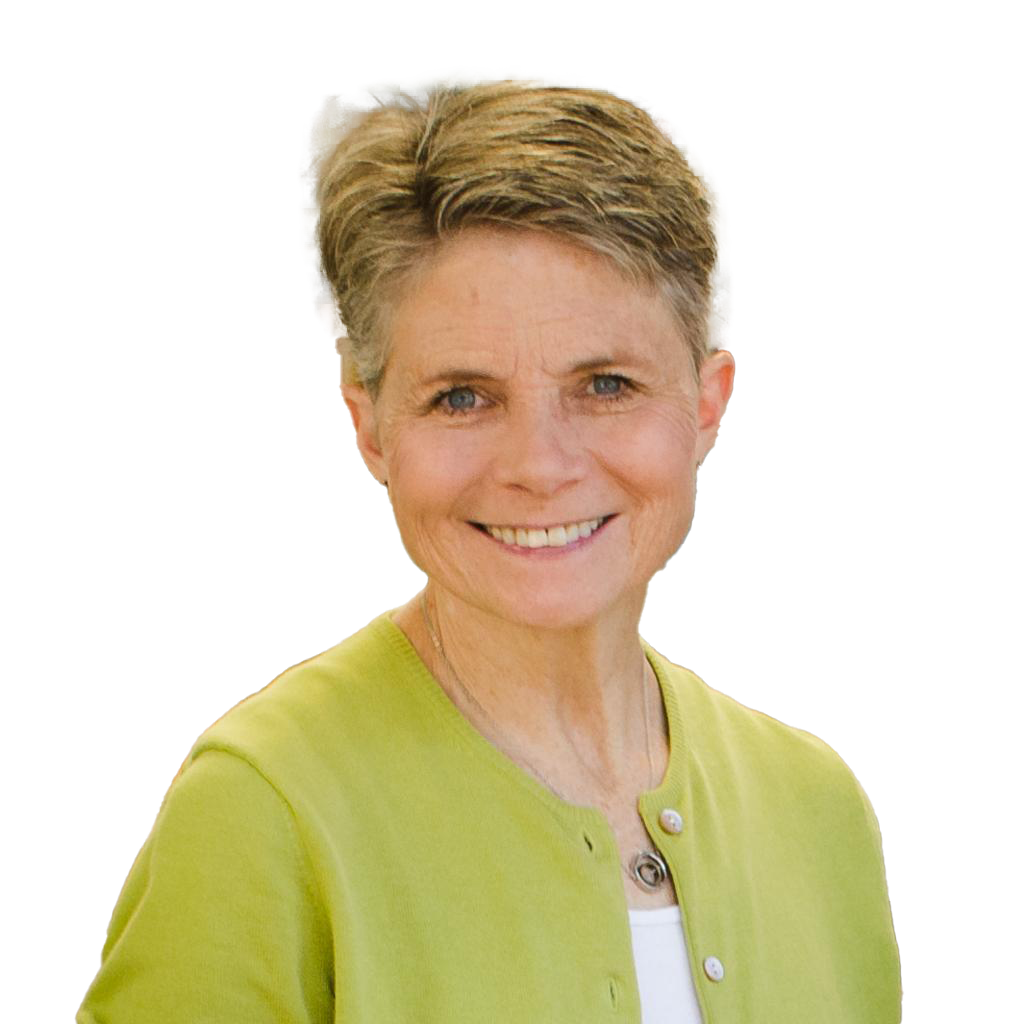Keynote Speeches

27 – 29 December 2024

Grand Hall, Lee Shau Kee Lecture Centre,
LG/F, Centennial Campus, The University of Hong Kong
Keynote Speech 1
Impact of Urbanisation & Migration on Family
Date: 27 December 2024 (Friday)
Time: 10:00 am - 11:00 am

| Prof. Jean Wei-Jun YEUNG Professor, Department of Paediatrics, Yong Loo Lin School of Medicine, National University of Singapore & Director (Social Sciences), Agency of Science, Technology and Research, Singapore |
| Speaker Biography Jean Wei-Jun YEUNG is a Professor in the Department of Paediatrics at the Yong Loo Lin School of Medicine at the National University of Singapore, and Director of Social Sciences at the Institute for Human Development and Potential, Agency for Science, Technology and Research (A*STAR). She was a Provost-Chair Professor in the Department of Sociology from 2008-2023. Professor Yeung is a leading expert in social demography, family studies, population health, and social stratification. She is the inaugural President of the Population Association of Singapore and the founding Director of the Center for Family and Population Research at NUS. |
| Topic Impact of Urbanisation & Migration on Family |
| Abstract Human migration is one of the most important social phenomena of the late twentieth and early twenty-first centuries. As more people leave rural lifestyles to seek opportunities in cities, urbanization has been growing exponentially. Both trends have profound effects on family structure, relationships, and practices that implicate gender norms, intergenerational ties, social stratification, and the geopolitical relations between nations. This talk will discuss the impact of both domestic and international migration in Asia on the demographic behaviours of migrants such as union formation, parenthood, transition to adulthood, and the aging trends. Attention will be paid to how migration and urbanization have influenced the well-being of children, young adults, and the older population in both the sending and receiving areas. I will also review the implications of the increased marriage migrants for family changes in East and Southeast Asia. |
Keynote Speech 2
Impact of Demographic Changes on Family
Date: 27 December 2024 (Friday)
Time: 2:00 pm - 3:00 pm

| Dr. Srinivas TATA Director, Social Development Division, Economic & Social Commission for Asia & the Pacific (ESCAP), United Nations |
| Speaker Biography Dr. Srinivas TATA is the Director of the Social Development Division of ESCAP. He has 20 years of experience of working with the United Nations. As the head of the Social Development Division, his responsibilities include supporting member States in the promotion of social protection, fostering gender equality, and strengthening social inclusion of persons with disabilities, older persons, youth and migrants, among others. He is a physician by qualification with experience in social policy, public health and programme management. He has served in wide range of positions within the United Nations. He has previously served as the Chief of the Capacity Development and Partnerships Section of the Strategy and Programme Management Division, providing support to all ESCAP Divisions and Offices for the formulation and implementation of technical cooperation projects and managed partnerships with a wide range of stakeholders. He also served as the Chief of Social Policy and Population Section in the Social Development Division from 2012 to 2016, focusing on population ageing, demographic change, migration and health. He was also posted as the Deputy Chief of the Regional Commissions New York Office from 2010 to 2012. He is a physician by qualification and prior to joining the UN, he worked as a senior civil servant on issues related to finance and public health with the Government of India. |
| Topic Implications of Demographic Changes on the Family Structure and Intergenerational Relations in Asia and the Pacific |
| Abstract The presentation will present the elements of rapid demographic changes sweeping across the Asia-Pacific region with a particular focus on population and family structures and living arrangements. It will highlight the need for the region to adapt to the needs of an ageing society through adopting a life course approach, understanding the two-ways flow within intergenerational relations and the ways in which these could be strengthened for the befit of all generations. The role of the family in the future and its role in delivering care and economic, social support and emotional support, and ways in which this could be supported by enabling policies will be highlighted. |
Keynote Speech 3
Impact of Climate Change on Family
Date: 28 December 2024 (Saturday)
Time: 10:15 am - 11:15 am

| Prof. Kin-Chung HO, BBS, JP Honorary Professor, Department of Geography, The University of Hong Kong, Hong Kong SAR |
| Speaker Biography Prof. Kin-Chung, HO, BBS, JP, Foreign Full Academician of the European Academy of Natural Sciences, was the former Dean of the School of Science & Technology and Programme Leader in Environmental Studies at the Open University of Hong Kong. Currently, he is the Director of the Polar Research Institute of Hong Kong, Special-Appointed Professor of the College of Marine Science & Ecological Environment of the Shanghai Ocean University, Honorary Professor of the Department of Geography of The University of Hong Kong, Court Member of the Hong Kong Baptist University, Chairperson of the Algae Innovative Technologies (HK) Co. Ltd., Chairperson of the AIT High Tech (Shenzhen) Co. Ltd. and Founding Chairman of the Athens Institute of Education of Hong Kong. Prof. HO’s academic interests include harmful algal blooms, water quality and resources management, environmental impact assessment, planning and policy, energy management and climate change, environmental ethics and education. He has visited the Higher Arctic more than twenty times and Antarctica four times for scientific research and expeditions, published more than 400 research articles in refereed journals and international conference proceedings, authored and edited 45 books, developed eight sets of distance-education study materials and produced more than 20 technical reports for the Government and public corporations. Besides academic contributions, Prof. HO also serves in many professional and statutory bodies in Hong Kong and Mainland China. |
| Topic Environmental Sustainability in Asian Families: Striving for Clean, Healthy and Carbon-Zero Lifestyle |
| Abstract The globally adopted Sustainable Development Goals (SDGs) aim to transform the world with a brand-new lifestyle, personally or in the family. First, there are callings for the removal of poverty and inequality. In parallel, concerns are given to the reduction of environmental contaminants and damage to the ecosystem so that people can enjoy safer, more healthy and joyful lives. Nowadays, the whole being of humans is closely linked to carbon-zero lifestyles that are crucial to combating global climate change. With the advancement of science and technologies and the innovation of productivity and business management, various SDGs can be achieved by joint efforts of society in the contemporary world. Nevertheless, the challenge ahead shall be faced and overcome by education, particularly family education and support from the government and business sectors. The concepts of Total Health Management, Total Environment Management and Total Quality Management should be enhanced in society with the enthusiastic commitment of Environment, Society and Governance (ESG) in the public and business sectors. |
Keynote Speech 4
ICT & the Family
Date: 29 December 2024 (Sunday)
Time: 10:15 am - 11:15 am

| Prof. Susan WALKER Associate Professor Emeritus, Department of Family Social Science, University of Minnesota, United States |
| Speaker Biography Susan WALKER is proud to have a diverse career that includes working directly with families, working alongside family practitioners in the community, researching effective ways for parents to learn, and pioneering the importance of technology in family life. This includes developing a unique college course, writing a textbook, creating new technology that benefits parent learning, and focusing interest on technology support needs of practitioners. Dr. WALKER's 30 years working in higher education was at the University of Maryland, College Park and the University of Minnesota. In Maryland she was the state Extension Specialist in Human Development and Family Life, where she researched and advocated for progressive policies on child care quality and benefits for family child care choice, and facilitated statewide child care provider training. At Minnesota in addition to her research, Dr. WALKER oversaw the Parenting Education teacher license preparation program. She consulted with the University of Iceland to create a similar program and currently serves as the External Examiner for Hong Kong University of Education’s Child and Family Education Masters Degree. As a global consultant on families and technology, Dr. WALKER serves as an expert for the United Nations, Division of Economic and Social Affairs (DESA). |
| Topic Being Good Ancestors: Preparing a Positive Technological Future for the Family |
| Abstract In a generation, information and communications technology (ICT) has revolutionized family life. From personal communication in relationships to fostering new ways for children’s learning, from novel ways to work anywhere anytime to efficiently managing the tasks of daily living, ICT has undoubtedly affected families worldwide; not necessarily equitably or in all cases positively, but impacted nonetheless. Understanding technology impacts on families in Asia and across the world is aided by extant and new theories of family life, adapted to consider virtual environments and variable use of digital devices. Actions to support all families experience positive ICT use lie at practitioner and policy levels. Practitioners provide education, modeling and access to resources to use ICT safely; policy makers ensure a safer, more equitable world for families. Innovations and initiatives put in place now will only benefit future generations to live in the tech-saturated world they inherit. |